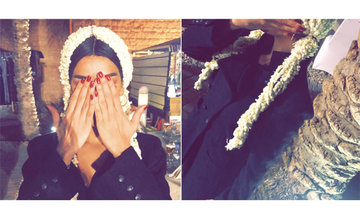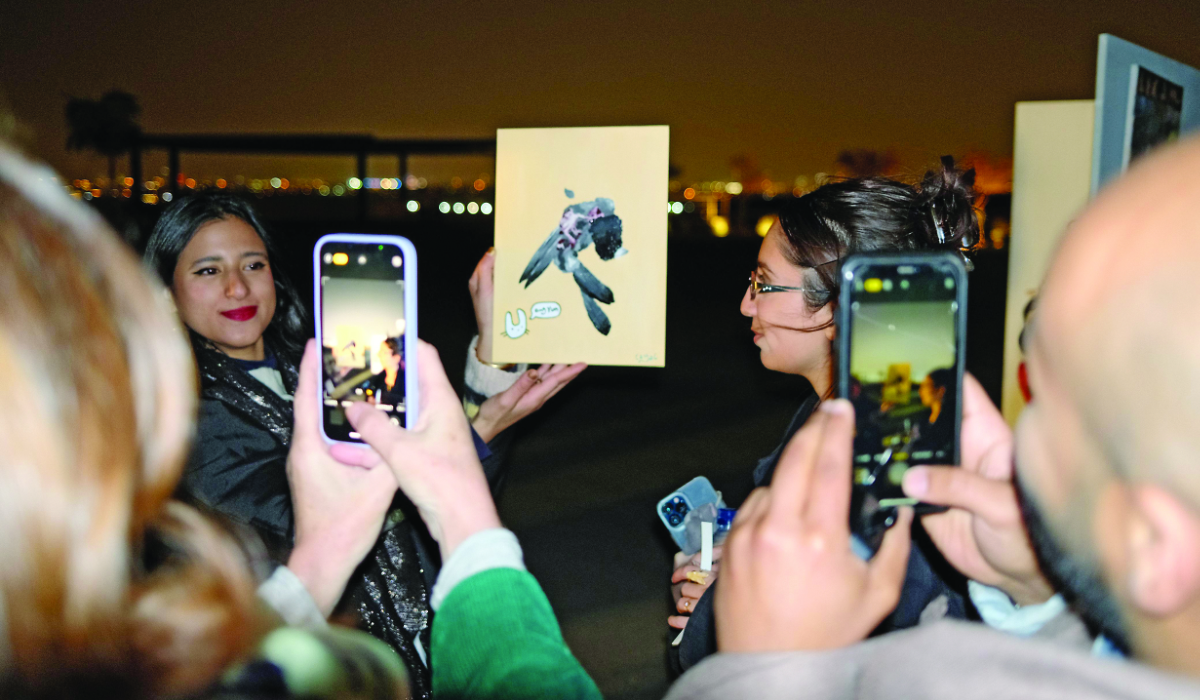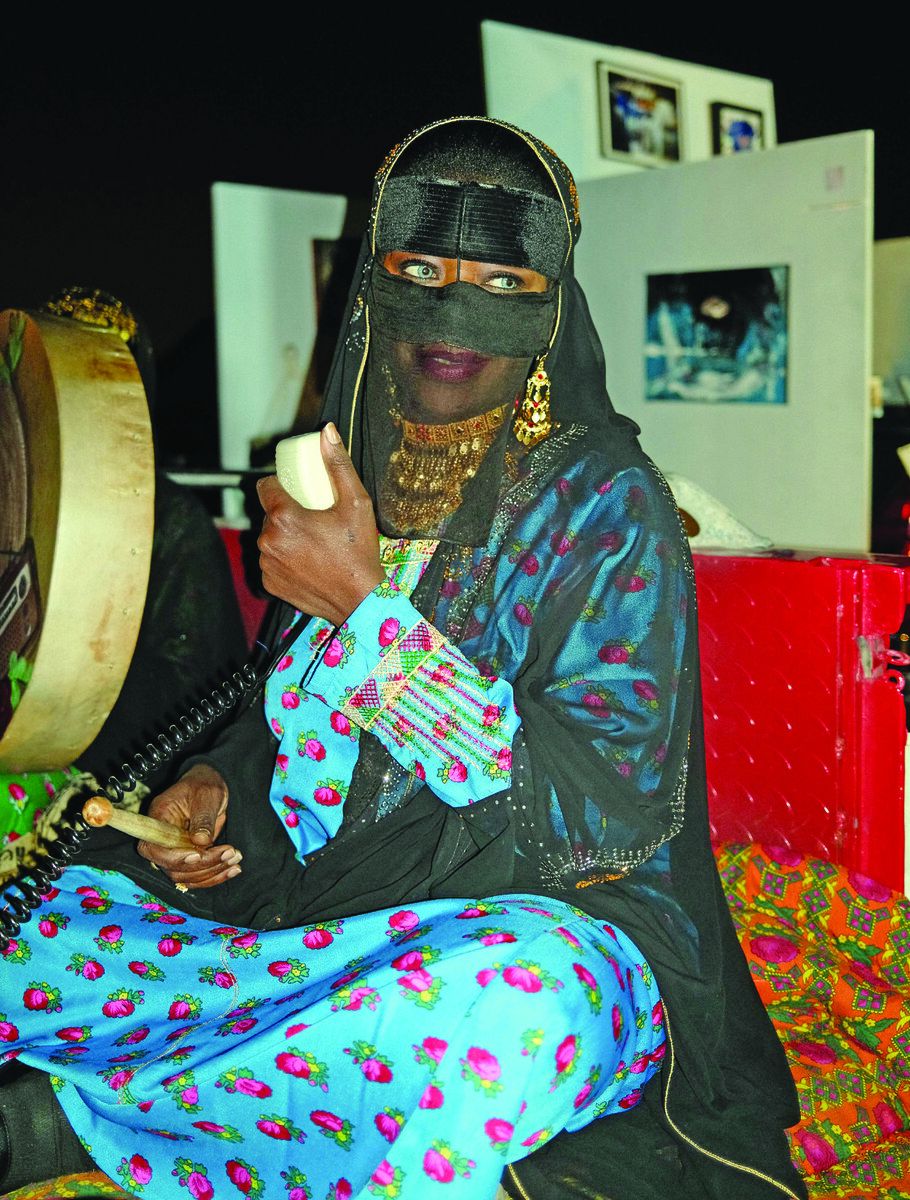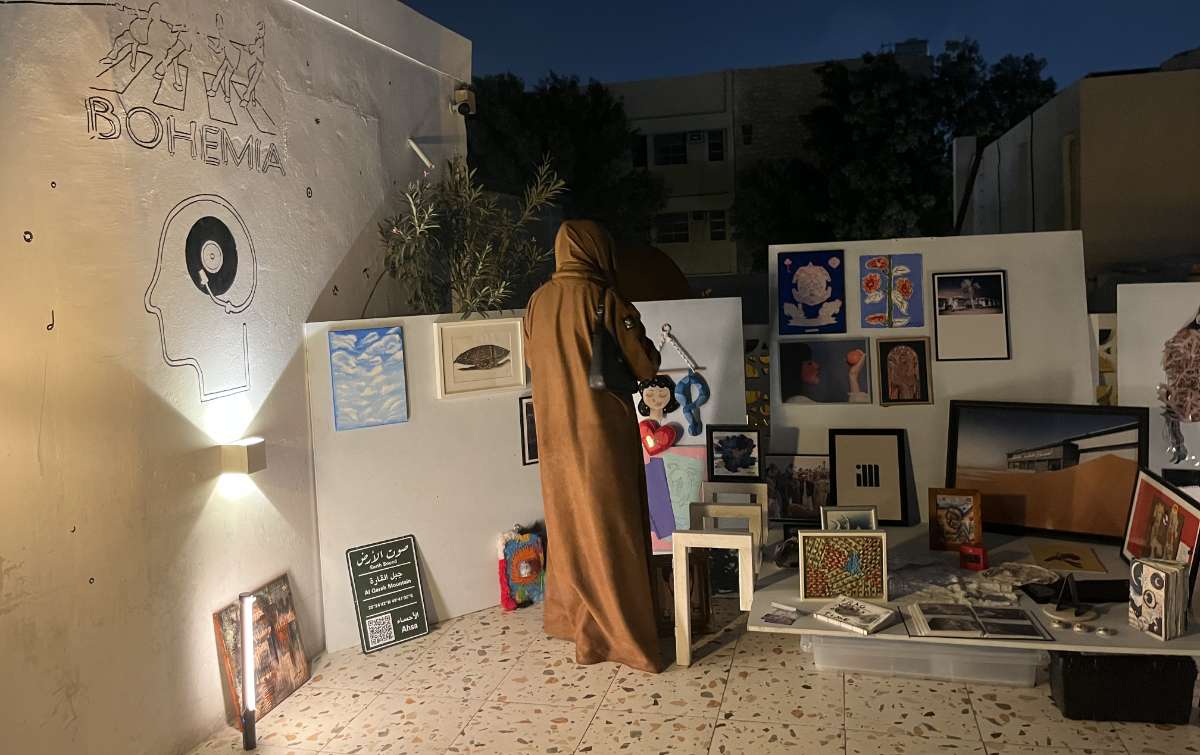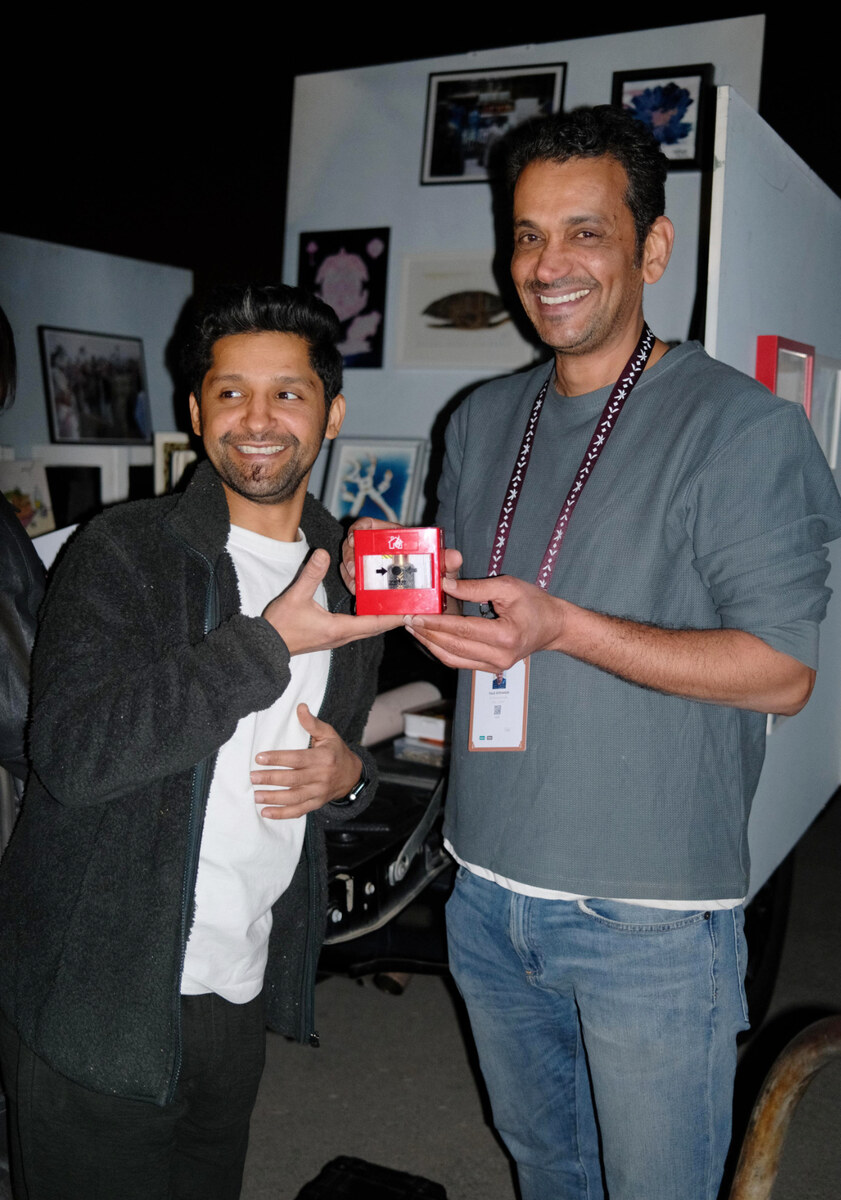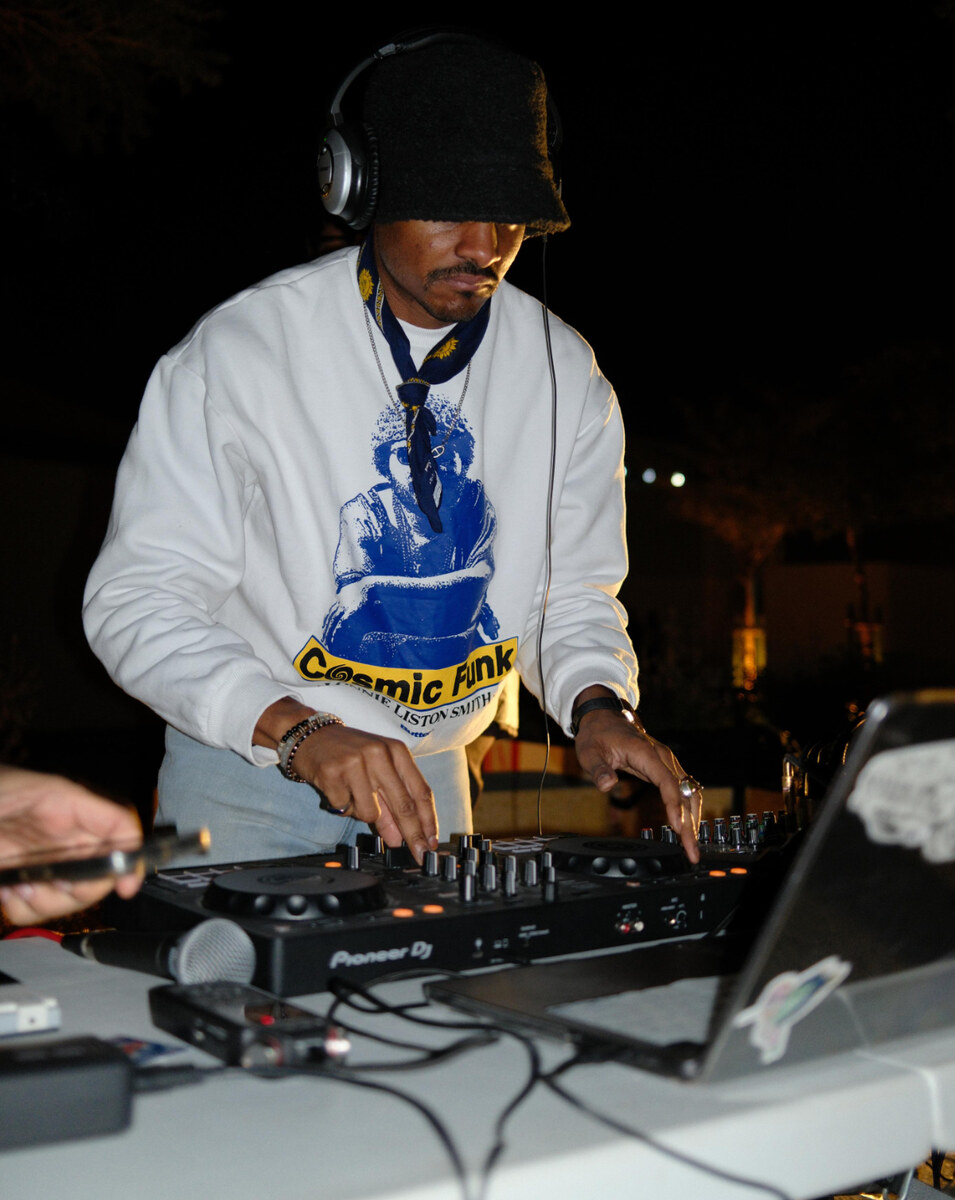JEDDAH: Sporting a jalabiya has always been part of Arabian culture; women wore them on celebratory occasions, and elderly women wore them daily in their homes. To other parts of the world, a jalabiya represents what they believe Saudi women wear in their homes.
Wearing a jalabiya has become associated with Ramadan, a trend that can be traced back to 2015. No one knows what triggered it, but women started buying jalabiyas at bazaars and stalls in shopping malls and the garment became fashionable again.
Nowadays, many women prepare for Ramadan by buying new jalabiya gowns for the holy month and the get-togethers between families and friends that occur throughout; a jalabiya has become an essential part of a Saudi woman’s wardrobe.
The Saudi-Argentinian behind Badawiah, Safiah Alaquil, has always been passionate about design and travel. She started Badawiah, a clothing boutique that allows her to draw on both passions by experimenting with global ethnic cultures and using textiles in traditional abayas and jalabiyas.
Badawiah aims to give back by sending partial profits from each piece inspired by a country to help that nation’s children.
“There is definitely an increase in demand during Ramadan due to the amount of events that take place,” Alaquil told Arab News.
The designer believes that having the right outfit can help at Ramadan, a time that is filled with social activities, whether it is family obligations, friends’ gatherings or bazaars.
“Wearing a jalabiya can make it a lot easier to get dressed for these occasions, which is why I believe this business will always flourish during this time of year. All women need one and are always looking for comfy and stylish ones to wear. Also, jalabiyas are often very colorful, which I believe complements this holy month nicely,” she said.
 Alaquil’s Ramadan collection is an expansion of her current one, exploring an Indian theme. “The collection incorporates traditional Indian trims and fabrics that I hand-picked and designed while in India and once my Ramadan collection concludes, I will return to India where part of the proceeds will be donated to children in need there.”
Alaquil’s Ramadan collection is an expansion of her current one, exploring an Indian theme. “The collection incorporates traditional Indian trims and fabrics that I hand-picked and designed while in India and once my Ramadan collection concludes, I will return to India where part of the proceeds will be donated to children in need there.”
“I have been so fortunate that my jalabiya collections have always been received well, and I believe that offering them only in Ramadan has a lot to do with its success. It’s the only time-sensitive item in my inventory so it’s particularly exclusive,” she said. Her year-round collection includes abayas, purses, accessories and footahs for men but not jalabiyas.
Jalabiyas are easy to put on, and they help keep women covered, making them useful during the many family gatherings in Ramadan. Women do not have to worry about wearing several layers.
Family gatherings
“There are everyday jalabiyas that you can wear at home, these are usually sold by Egyptian merchants and are simple in their designs and colors to accommodate a daily appearance.
“Then there are the more elaborate, embroidered types, and the colorful ones, stacked with crystals or ornaments, and these are usually saved for special occasions or a very big Ramadan feast.”
Amal Turkistani founded a simpler, on-the-rise boutique called the Three Retirees with two of her retired friends because they hated having nothing to do.
“There are modern jalabiyas, area-specific jalabiyas, taking after the region of the Kingdom they come from with different Bedouin and tribal embroidery,” she said. 
Light fabric
“There are Egyptian jalabiyas, Indian and Moroccan, as well. Some designers accentuate the chest area with accessories; others use colorful fabrics and even incorporate shemagh fabrics in the jalabiyas.”
She said that designers ensure their jalabiyas are made of a light fabric that suits the hot days in Saudi Arabia.
“It’s something we all need to keep in mind. We also need to keep an eye on trends, just like any designers, because jalabiyas are seasonal.”
Turkistani said that when most businesses start up in the jalabiya market, they provide jalabiyas that are fairly accessible to all, but she noted that there is always a drastic shift in prices between stores because it is dependent on the fabric, the accessories applied and the handwork going into the piece.
“Some designers abuse the fact that it’s Ramadan season and raise their prices to unacceptable amounts because they know every woman wants to get her hands on the perfect jalabiya for her family gathering. There are other designers who work very hard on acquiring the highest-quality materials and providing their customers with the best outerwear; their pieces are almost always worth a purchase, you just have to know your fabrics.”




